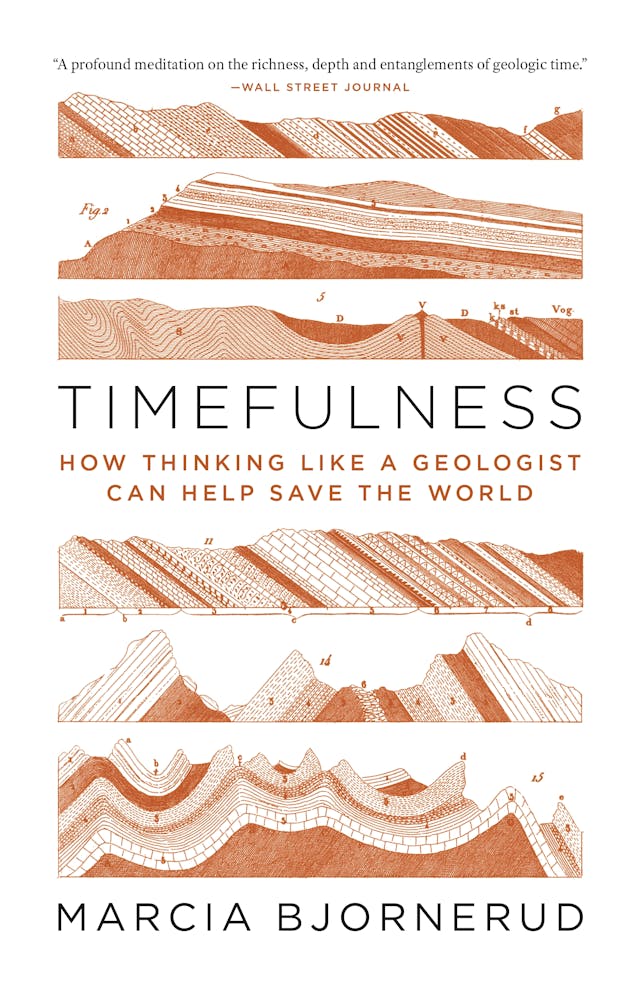Monthly Archives: July 2020
Scots, PLEASE write to Holyrood Justice Ctee and to MSPs. Here’s how and why

A person commits an offence if the person … communicates threatening or abusive material to another person, and … as a result, it is likely that hatred will be stirred up against such a group.
In brief, the bill is so broad, and its language so vague and inclusive, that it would be impossible to express oneself on a whole range of important issues without running the risk of offending.
The bill states that
A person commits an offence if the person … communicates threatening or abusive material to another person, and … as a result, it is likely that hatred will be stirred up against such a group.[Emphasis added]
The characteristics are age, disability, religion or, in the case of a social or cultural group, perceived religious affiliation, sexual orientation, transgender identity, variations in sex characteristics.
Notice that one can offend without intending to do so, even if no hatred is actually stirred up, and even if no member of the relevant group has actually complained. Strangely enough, when it comes to race, colour, nationality (including citizenship), or ethnic or national origins, there must be actual intent to stir up hatred. Why there should be this distinction is beyond my understanding, while expressions like “abuse” and “hatred” are so vague that there are a whole range of important current controversies (e.g. trans rights issues, the Palestine-Israel question, immigration, religious family law) were what some would regard as legitimate expression of opinion would risk being seen by others as abusive and stirring up hatred.
(Full text of the relevant sections at end of post)
Here’s what I sent to the Justice Committee at justicecommittee@parliament.scot, with copies to my Constituency and all my Regional MSPs:
As your constituent, I wish to comment on the draft Hate Crime and Public Order (Scotland) Bill.
I welcome the abolition of the law against blasphemy, which I hope is in no way controversial, but an eight-word Bill would suffice for that.
I am a member of an ethnic minority group, and have been subjected to abusive speech likely to stir up hatred. Despite this, I am completely opposed to this Bill, which introduces a large number of necessarily ill-defined terms, and is likely to achieve the opposite of what is intended. I am particularly concerned at the creation of a new class of offence based on the extremely ill-defined concept of “abuse”, as well as the fact that it is possible to offend under this Bill with no intention of doing so.
If this Bill or anything at all like it becomes law, it will possible for me to offend without intending to do so by communicating material considered abusive, even if I do not consider it abusive, and even in the absence of complaints from anyone who is allegedly targeted, if it is found that it is likely (whatever that may mean) that what I communicate will stir up hatred, even if that was not my intent. I expect that many of us have offended multiple times by these criteria. Read the rest of this entry
Timefulness: How thinking like a geologist can help save the world (review; long)
 Timefulness: How thinking like a geologist can help save the world, Marcia Bjornerud, Princeton University Press, 2018/2020
Timefulness: How thinking like a geologist can help save the world, Marcia Bjornerud, Princeton University Press, 2018/2020
There are many excellent overviews for the general reader of how life on Earth has changed over time (see, for a recent example, Neil Shubin’s Some Assembly Required, which I reviewed here recently. The history of the Earth itself has not been so well served, and Timefulness; How Thinking Like a Geologist Can Help Save the World, by Marcia Bjornerud, Professor of Geology and environmental Sciences at Lawrence University, is a welcome and timely addition to this badly under-represented genre. [1] The book is beautifully written, in plain language, with complex ideas explained with great simplicity and the use of strikingly appropriate verbal imagery. Behind this transparency of language lies a deep love and knowledge of her subject. The book should appeal to anyone looking for an overview of the Earth as the abode of life, or a perspective on our place in time, and how recklessly we are compressing the tempo of natural change.
The author presents her book as an argument for what she calls timefulness, the perception of ourselves as living in and constrained by time, of time itself as having both extension and texture, of the acceptance of our own mortality, and of our own responsibilities. This she sees as severely lacking in our society. We expect people to know something about distances on the map, but Read the rest of this entry
 G
G